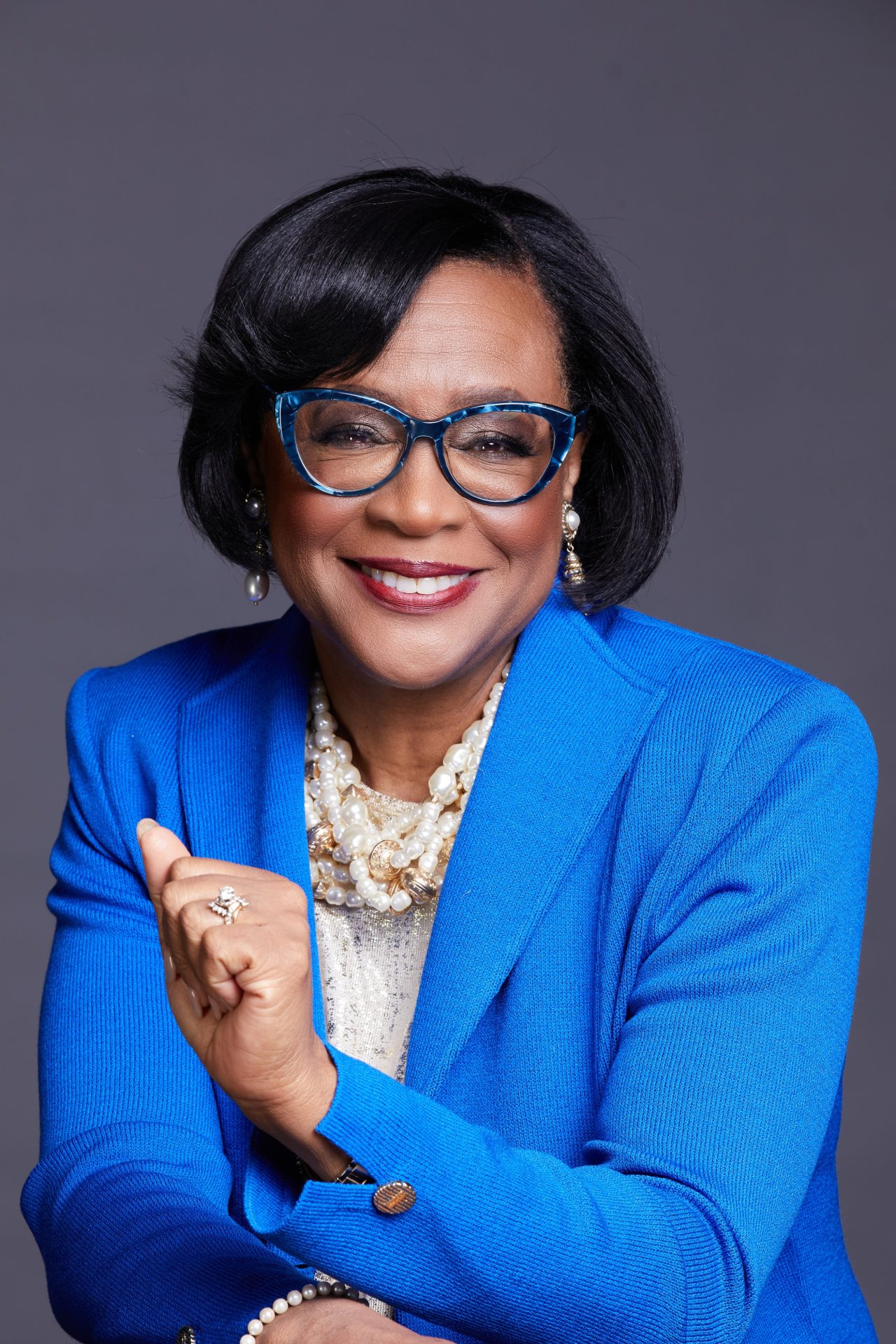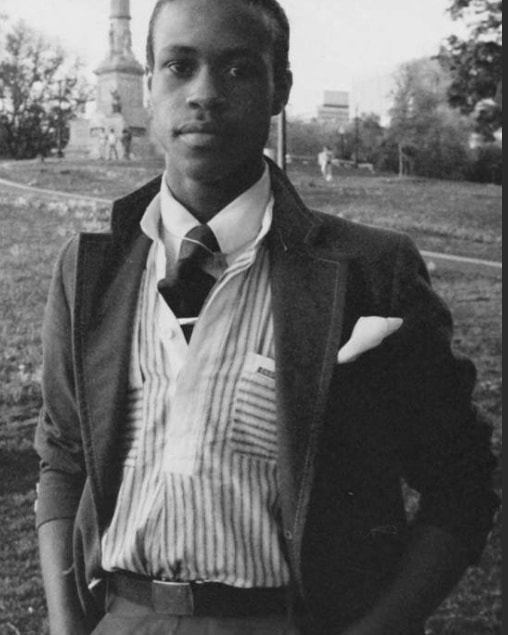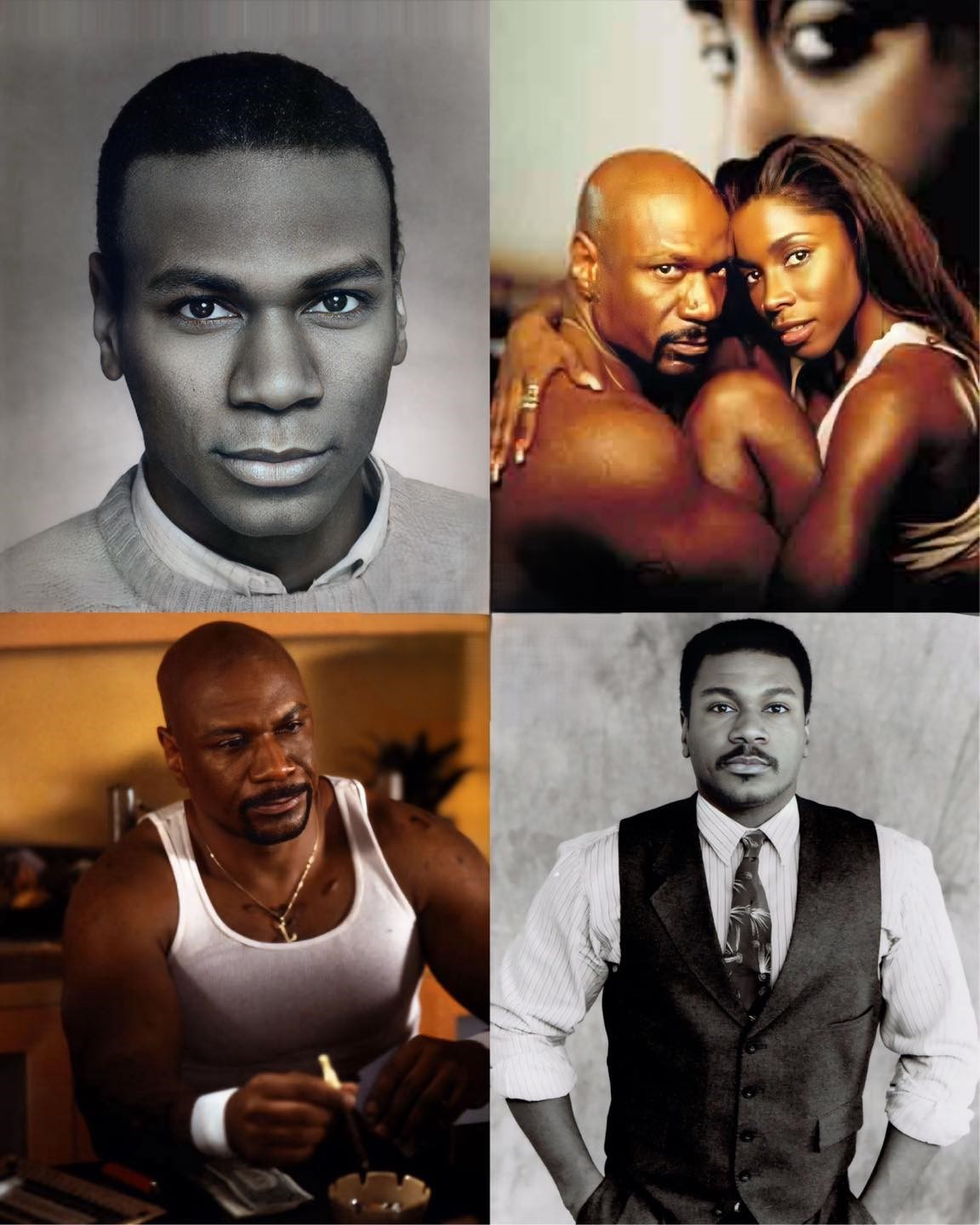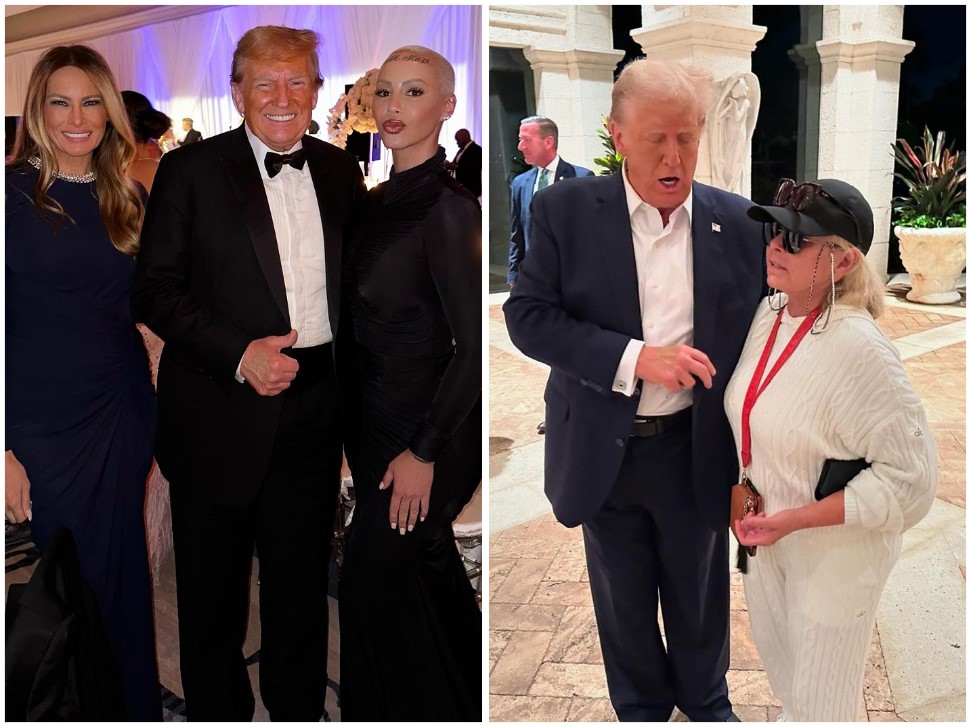Today, Aug. 3, marks Black Women’s Equal Pay Day — the day that Black women working full-time finally catch up to what their white, non-Hispanic male counterparts earned in 2020.
This means it takes an extra eight months for Black women to earn what white males earned the previous year, according to the U.S. Census Bureau. Currently, Black women earn $0.63 for every dollar paid to white, non-Hispanic men.
Based on personal experience, I know how frustrating this is. As a Black CEO in her 40s working in management consulting, an industry dominated by white males, I’ve consistently had to advocate for myself when it came to projects, promotions — and especially my salary.
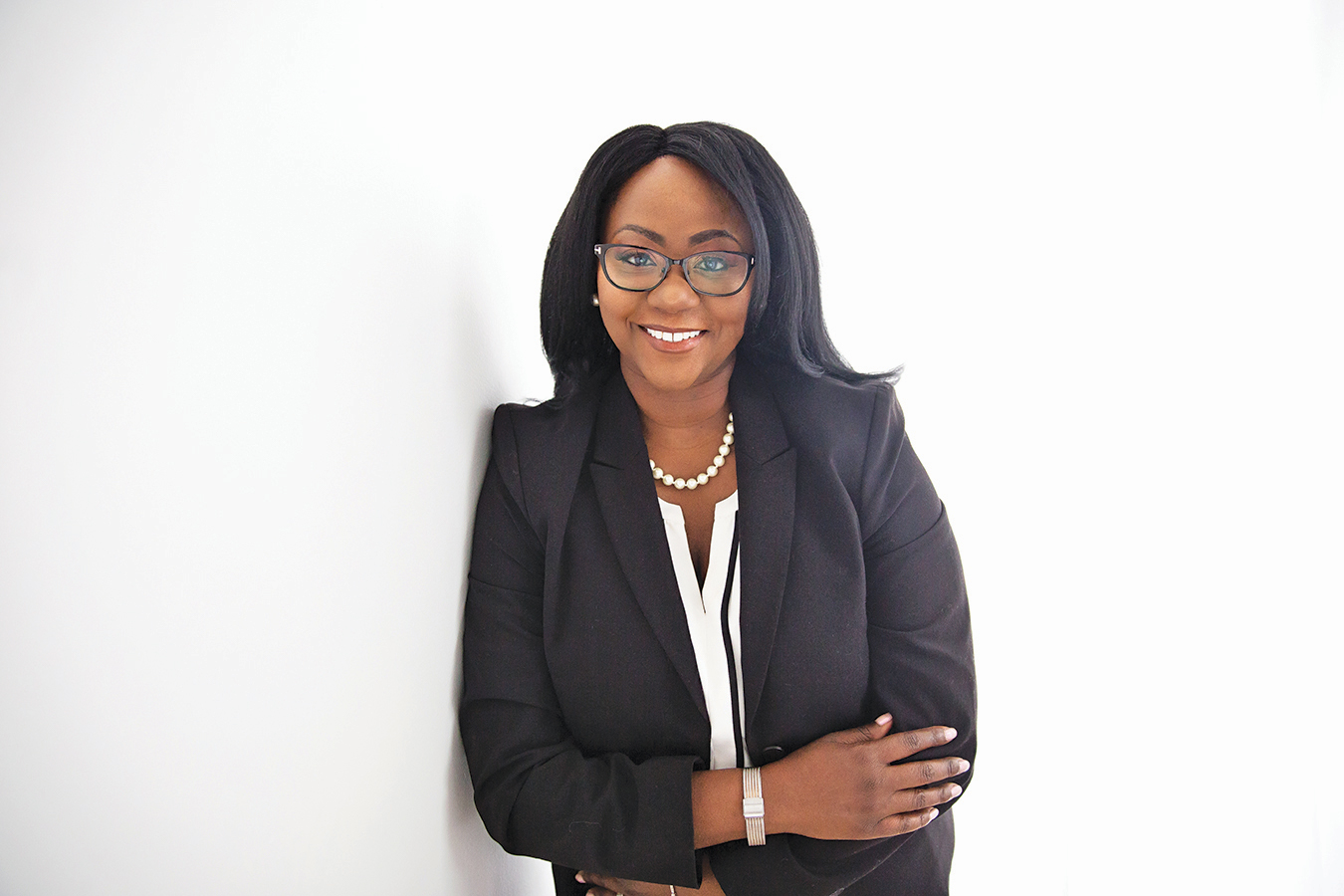
It started with one of my earliest jobs, where I had a starting salary of $55,000. At the time, I thought it was a pretty decent amount for an entry-level job, so I was shocked to discover that a male co-worker in a similar position, but with less years of experience, was making about $15,000 more.
After having a conversation with my boss — and several months of following up — I was able to negotiate a $12,000 increase in salary. Even so, it was incredibly exhausting; I felt I had to work so much harder than my non-Black colleagues to get that raise.
Here’s how I did it, along with tips on how to negotiate your own salary:
1. I did my research and had specific numbers in mind
Never walk into a salary negotiation meeting before you’ve fully understood the market rate for your position — and have not just a salary range that you want, but exact numbers of what you’re willing to accept and what you’re willing to walk away from.
There are several online resources to help guide you, including Glassdoor, LinkedIn and PayScale, which provide salary estimates and ranges based on industry, similar job titles, location and years of experience.
The more specific you are with your research, the better. For example, has your company posted new job roles and provided salary information? Are those numbers on par with what you’re currently making?
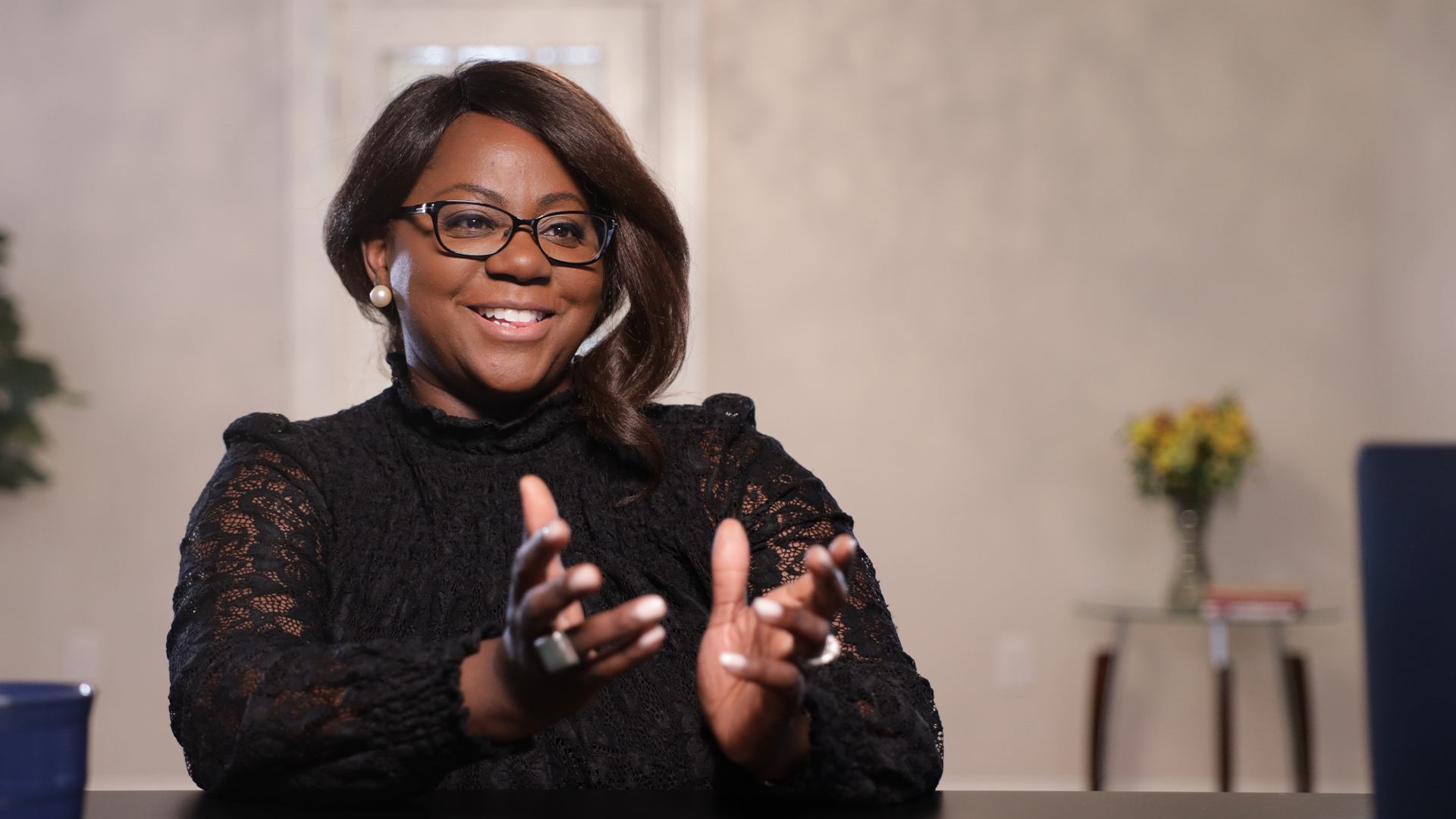
2. I talked to my trusted non-Black allies
As part of my research, I also asked friends and peers who were interviewing for similar roles. This helped give me an idea of the salaries being offered at other companies.
Gender and race play a huge role in pay inequity. But it’s important to leverage your internal relationships whenever possible to see if the pay disparities you’re spotting have to do with you, or if your company simply doesn’t have the budget to pay the industry standard.
I confidentially asked my trusted non-Black allies within the company about their salary. Of course, it was an awkward conversation — and it still is for many people. I always recommend first asking about what their starting pay (and bonus) was, which feels a bit less personal.
I also talked to seasoned, more senior colleagues, mentors and confidantes outside of my company. Seeking external perspectives helped ensure that I was looking at the information from an unbiased point of view.
3. I consistently followed up with my boss
Once I had a solid script and case to make, I asked my manager to meet with me to discuss a salary increase. I came to the meeting prepared with data highlights from my research.
During these meetings, it’s important to anticipate potential pushback points (e.g. What have you accomplished in the past year? Did your performance meet or exceed expectations?) and be ready to address them.
I felt fortunate that my boss understood my frustration of earning less than a co-worker with less years of experience. But it took several months of following up before things came through. The experience taught me that I needed to be both patient and persistent.
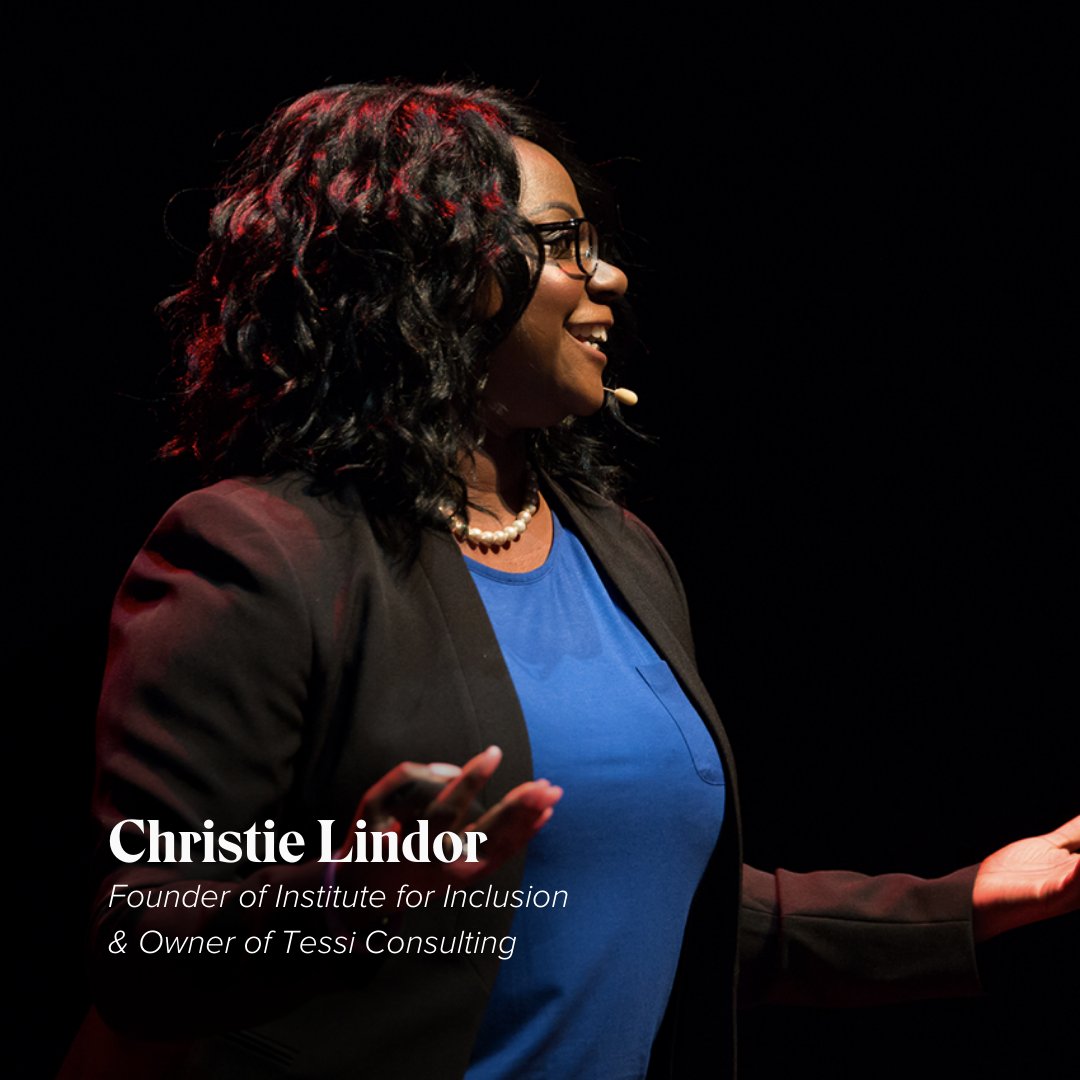
Owning the process of advocating for yourself often means staying on top of the action items you and your boss agreed on. This is the only way to drive the discussion forward.
As a workplace culture and inclusion consultant, I see that there’s still so much more to be done to close the pay gap. Even after getting my raise, I still felt I had to work twice as hard and sought to always be a star performer.
But to have the slightest chance at achieving pay equity, you must advocate for your worth without assuming that someone else will do it for you.

